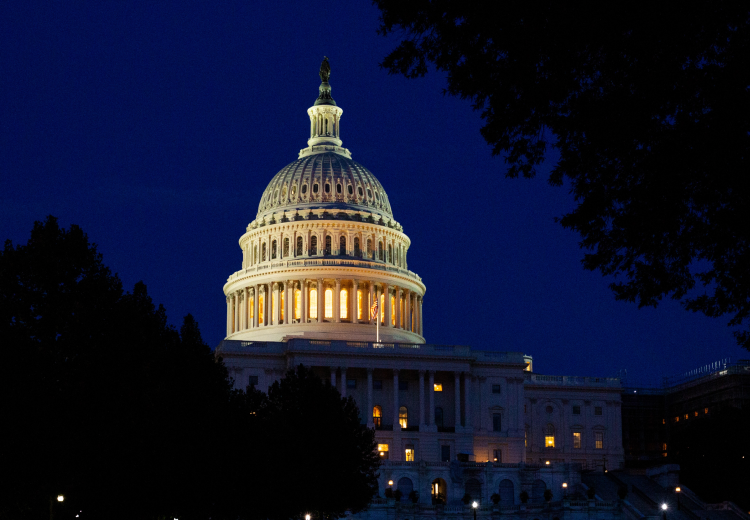Circle CEO Jeremy Allaire believes that once Washington clears the way for stablecoins, which he says is “inevitable,” the United States will have a leg up in building the future financial system.
Allaire believes that the United States will have a leg up in developing blockchain technology if Washington clears the way for stablecoins. The comments from Allaire follow a recent Congressional session which was hosted by the U.S. House Financial Services Committee in which several crypto execs, including Circle CEO Jeremy Allaire, FTX CEO Sam Bankman-Fried, Bitfury CEO Brian Brooks, Paxos Trust CEO Charles Cascarilla, Stellar Development Foundation CEO Denelle Dixon, and Coinbase CFO Alesia Haas testified before Congress.
To date, China remains as the world’s biggest market for bitcoin and other digital assets, accounting for about 23% of all transactions worldwide. This, despite the recent bans on crypto and mining in the country, and despite China’s own government pushing forward with CBDCs.
There used to be a time, as well, when China held the top spot for Bitcoin mining power across the world, with over 65% of Bitcoin hashrate done in the mainland up until around mid-2021. This was later superseded by the U.S., which now has about 35% total hashrate share.
Recently, crypto and blockchain technologies have been getting a lot of scrutiny from lawmakers, regulators, and central banks.
In the United States, there is no uniform federal regulation of blockchain, which forces several blockchain projects to seek for regulation in foreign countries. In order to establish a base in a well-regulated blockchain jurisdiction, cryptocurrency businesses are seeking for the most regulated blockchains.
“This has the potential to grow at a very significant speed around the world and benefit the U.S. dollar and benefit American businesses,” Allaire told the Congress. “And I think the primacy and development of this infrastructure is a national security and economics priority for the United States, and we need to get going on it right now,” he adds.
Allaire pointed out that the United States is outperforming China in stablecoin operations, with trillions of US dollar-backed payments completed compared to roughly just over $10 billion performed by China’s central bank in its experimental Digital Yuan program.
However, clear regulations were needed for this to be a long-term trend. Without clarity and rigorous assertions in term of compliance frameworks for the implementation of crypto-specific regulations, blockchain-based businesses have been forced to seek foreign jurisdiction, a trend which could lead to varying standards being used in across the globe. This could create a fragmentation of the blockchain industry, an opinion that is shared by Binance CEO Changpeng Zhao, who recently called for standard regulatory frameworks for the crypto market.
Allaire also urged lawmakers to create a “light touch” regulatory framework for digital assets, which he believes can play a critical role in boosting the U.S. economy, creating jobs, and improving financial inclusion. Allaire is, of course, not alone in his bullish assessment of the potential for digital assets to improve the functioning of the global economy beyond the cryptosphere. Blockchain technologists and crypto enthusiasts believe that digital assets could help create a more efficient and transparent financial system.
Earlier this year, a report from the International Monetary Fund (IMF) highlighted the potential for blockchain technology and digital currencies to improve global financial stability. According to the IMF, blockchain technology has the potential to revolutionize how the world conducts cross-border transactions, with particular benefits in terms of cost, speed, transparency, and inclusivity.
Disclaimer: This article is provided for informational purposes only. It is not offered or intended to be used as legal, tax, investment, financial, or other advice.
Credit: Source link












































